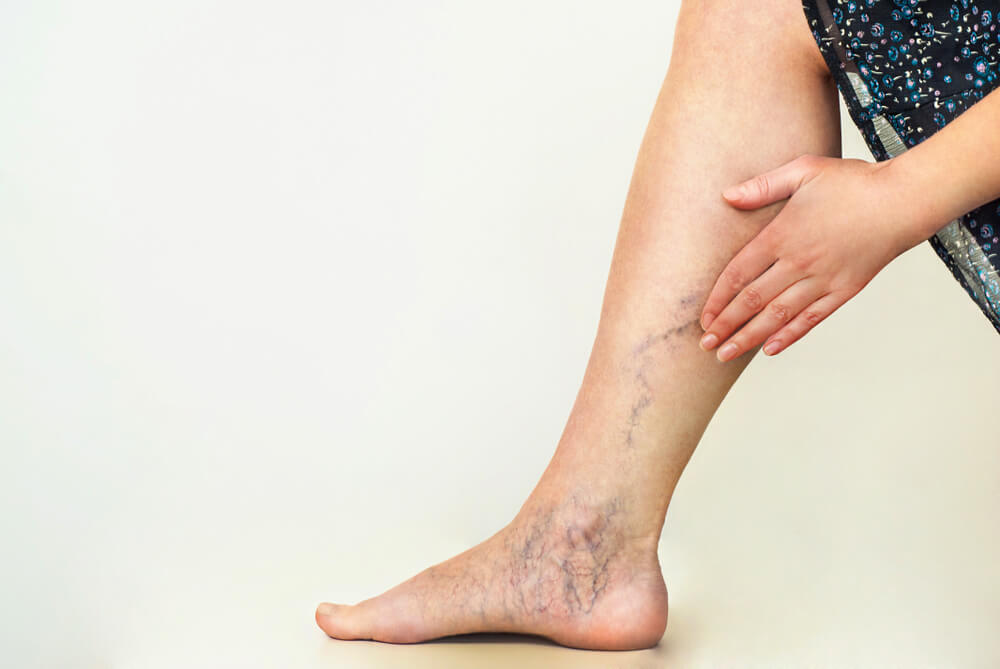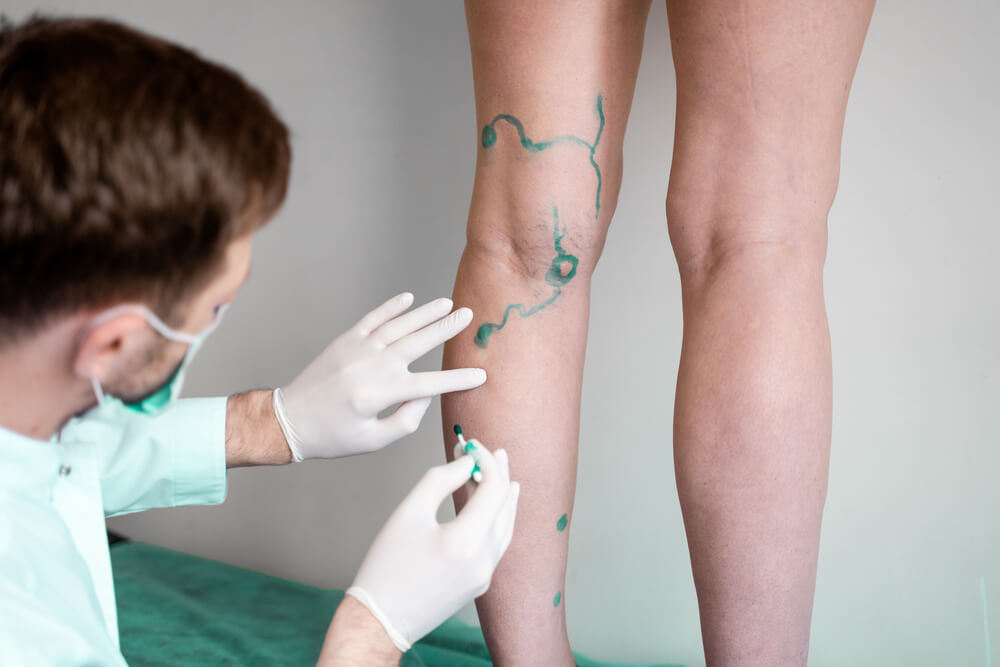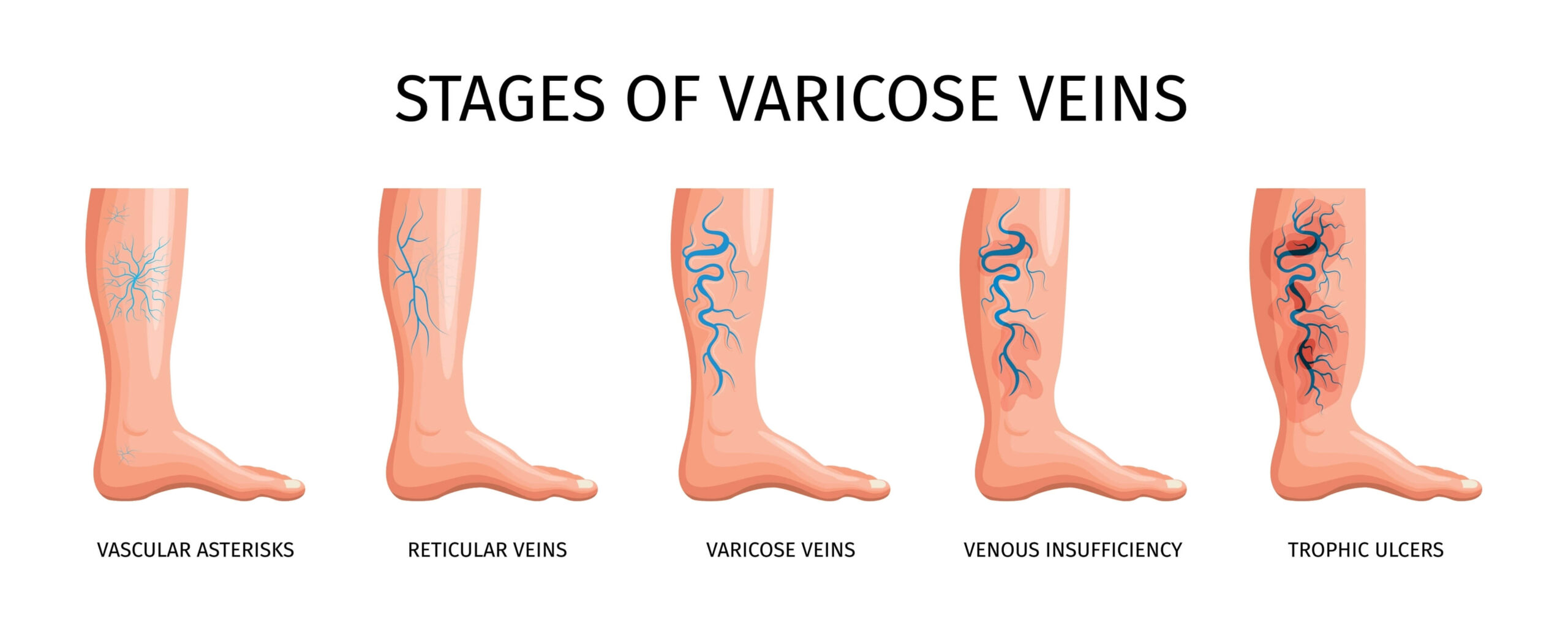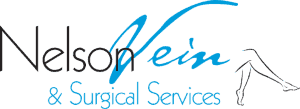Lifestyle Factors Affecting Vein Health: Diet, Exercise, and More
August 20, 2024

The Impact of Diet on Vein Health
You might not think about your diet as a contributing factor to overall vein health, but what you eat can make a significant difference in the quality of your veins. That’s because many foods can help reduce blood pressure, which means less stress and strain on your cardiovascular system. To help your veins stay healthy, choose options such as:- Fatty fish like salmon and mackerel
- All kinds of berries
- Seeds, nuts, and legumes
- Fiber-rich foods such as vegetables and whole grains
Exercise Routines for Better Circulation
 Along with diet you want to make sure you’re moving your body in order to keep your veins healthy. The good news is that you don’t have to get involved in heavy levels of exercise to see results.
Along with diet you want to make sure you’re moving your body in order to keep your veins healthy. The good news is that you don’t have to get involved in heavy levels of exercise to see results.
Walking or Jogging
Walking is one of the best exercises you can do, and it’s easy on your joints. Even if you haven’t lived a healthy lifestyle before, you can start with walking and see improvement. As walking gets easier you may want to try some jogging or running, too, in order to continue developing cardiovascular health.Yoga and Stretching
Stretching your body through gentle practices like yoga can get the blood flowing. There are a lot of different poses you can do, and you can always modify them if they aren’t comfortable just yet. As you stretch and move through poses you’ll encourage blood to move through your veins.Dancing for Health
Do you like to dance? If you do, you’re in luck, because dancing is good exercise! You don’t have to stick to a set routine or go to the gym to make your heart and cardiovascular system healthier. Instead, just put on some music you love and get moving, or join a dance class in your local area.Targeted Exercise Options
You can target specific areas with exercise, such as your ankles, legs, wrists, or arms. Some of the most commonly used exercises to stay loose and limber can also help you with vein health. These include:- Calf stretches
- Ankle circles
- Leg extensions
- Hamstring curls
- Desk stretches
The Effects of Smoking and Alcohol on Veins
Smoking
Most people already know that smoking is bad for you. Smoking hardens arteries and can narrow them, making it harder for blood to get through. That can increase pressure and lead to cardiovascular events. Additionally, it can contribute to the development of varicose veins due to that increased pressure, as well.Drinking
An occasional drink or nightly glass of wine with dinner generally doesn’t cause problems for most people, but excessive alcohol consumption is one of the big lifestyle factors for vein health. Too much alcohol can put you at risk of blood clots, and also make issues like varicose and spider veins worse.Importance of Maintaining a Healthy Weight
 Weight is often a sensitive topic, but maintaining a healthy weight is extremely important when protecting the health and longevity of your veins. If you carry extra weight it can put pressure on the valves in your veins, and that can lead to blood leaking backward of pooling, causing varicose veins.
Other reasons that it’s important to maintain a healthy weight for vein health include:
Weight is often a sensitive topic, but maintaining a healthy weight is extremely important when protecting the health and longevity of your veins. If you carry extra weight it can put pressure on the valves in your veins, and that can lead to blood leaking backward of pooling, causing varicose veins.
Other reasons that it’s important to maintain a healthy weight for vein health include:
- Excess body fat can hide developing or worsening vein health.
- Obesity causes flat-footed walking that can make it harder for the body to pump blood.
- Extra weight often comes with a sedentary lifestyle that contributes to vein issues.
